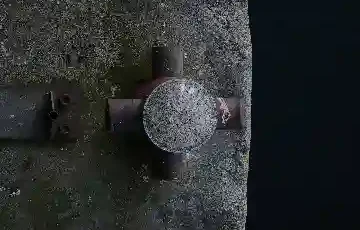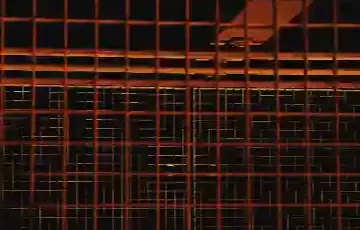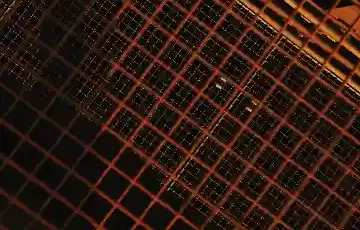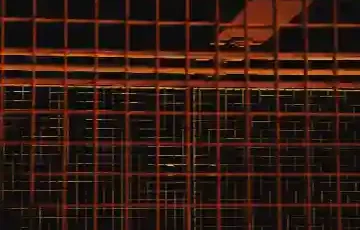
The law of evidence in Dutch civil law boils down to the difference between being right and being proved right. In legal proceedings in Holland, a party claiming the legal effect of facts it alleges must prove those facts (that party then bears the ‘burden of proof’, Dutch: ‘bewijslast‘).
Civil law plays in the Netherlands a pivotal role in resolving disputes between parties, whether they’re individuals or businesses. When parties fail to come to a mutual agreement, they can initiate a legal process where the court makes a decision. One essential aspect of this process is the evidence provided. Here, at MAAK Advocaten, we offer a detailed understanding of evidence in Dutch civil law.
The Essence of Evidence in Dutch Civil Law
When disputes in the Netherlands arise and end up in court, the decision-making process is based on the evidence provided. The Dutch judge, being neutral, takes a stance based on their observations and the presented evidence.
Admissibility of Evidence
The foundational principle is that nearly all types of evidence are permissible as long as they are presented during the proceedings. It’s crucial to understand that the judge cannot proactively seek evidence. For instance, if evidence in Dutch civil law isn’t provided by either party, the Dutch judge isn’t allowed to independently research online or gather information.
However, there’s an exception to this rule in the Netherlands. Facts or circumstances that are widely recognized and accepted don’t require evidence. An example would be the acknowledgment that Easter falls on a specific Sunday. Such universally accepted facts can be considered by the judge without needing validation from the involved parties.
Burden of Proof and Its Reversal in Holland
According to Article 150 of the Civil Procedure Code (Rv) the party claiming specific legal outcomes from their presented facts or rights bears the responsibility of proving those facts. This principle can be simplified as: the party making the claim must provide the evidence:
Article 150 Rv:
“The party claiming the legal effects of the facts or rights which it asserts shall bear the burden of proving those facts or rights, unless a special rule or the requirements of reasonableness and fairness require a different allocation of the burden of proof.”
However, there are exceptions. For instance, if a consumer purchases a coffee machine and it malfunctions within six months, the law presumes the product was defective from the start. Here, the burden of proof reverses. It becomes the responsibility of the seller or manufacturer to prove that the malfunction wasn’t due to their fault. If they fail to provide proof, they must either repair the product free of charge or present evidence that the consumer mishandled the product.
Types of Admissible Evidence under Dutch law
The court accepts a wide variety of evidence. At MAAK Advocaten, we often deal with:
- Written Evidence: This includes reports from experts, official documents, and witness statements.
- Judicial Inspections: On certain occasions, the judge might need to personally inspect a site or object related to the case.
- Witness Testimonies in Court: Individuals can provide verbal evidence in front of the judge, recounting their experiences or observations.
- Expert Testimonies: Specialists in various fields can be summoned to provide their professional opinions.
Responding to the Opponent’s Evidence in the Netherlands
The weight given to each piece of evidence is at the discretion of the judge. When one party presents evidence to support their claim, the opposing party has the opportunity to respond. If they fail to counter or disprove the evidence presented by their counterpart, the judge might consider the unchallenged claims as factual.
Professional legal counsel can greatly assist in gathering compelling evidence. If you require legal representation or assistance in a civil case, we at MAAK Advocaten are here to guide and support you throughout the process.
Understanding evidence in civil law is crucial for a successful case outcome. Whether you’re presenting evidence or countering the claims of the opposing party, being informed and prepared can make a significant difference.









